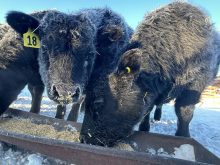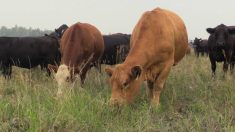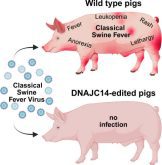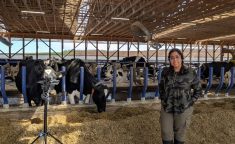Horses, not breeders, need protection
With all due respect, I will continue to convince the government that action is needed to protect horses, not horse breeders as proposed by Betty Coulthard in the June 10 opinion article “Government action needed to protect horse breeders.”
She wants compensation from the government for the losses she will suffer if Fort Mcleod is closed (as it should be) due to procedure violations. Well, I guess that’s proof right there that she doesn’t care the least bit about the horses she has sent to slaughter.
Read Also
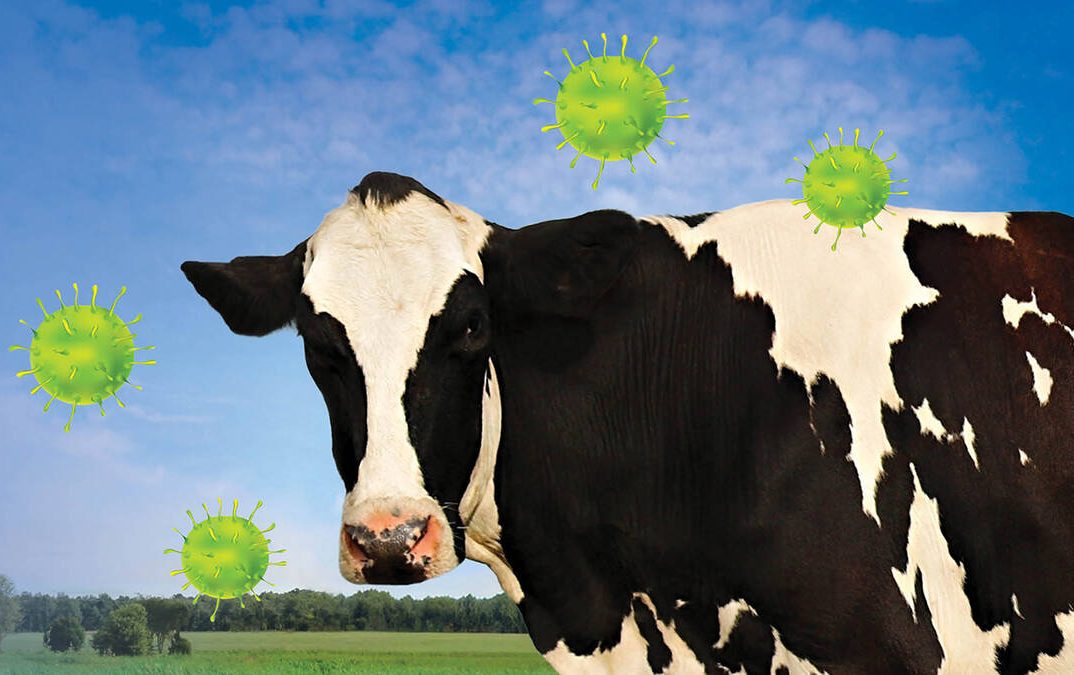
Researchers stay on trail of bovine bird flu’s origin
Canada’s dairy cattle herd is so far spared from avian flu, and work continues to contain its spread in the U.S., but the disease is far from gone.
Money is her only concern. She should be enraged by the footage obtained from inside two Canadian slaughterhouses. Even people in the business of sending them off to their death should not tolerate or condone the abuse and numerous infractions.
I’m glad to hear she feels breeding horses and sending them to slaughter is not a vialble way for her to make her precious money anymore. It’s ridiculous for her to suggest, in the end, that shutting down breeders will cripple our involvement with the horse. The only thing it will do is cripple unscrupulous individuals such as herself who breed indiscriminately and send horses to slaughter without a second thought.
Cathy Halbesma Winnipeg, Man.
Cattle ID systems a work in progress
In response to the article published on June 3 titled “Study Suggests Livestock Traceability Deadline Unrealistic,” the Canadian Cattle Identification Agency (CCIA) would like to correct some of the information found in the article. The CCIA conducted Phase 1 of the Auction Market Applied Research Project in co-operation with the Livestock Markets Association of Canada (LMAC) that was referenced in this article.
The first issue to address is the title of the article itself. This title suggests that the research considered the timelines for traceability implementation within the study. However, the study did not look at traceability timelines and did not give an opinion as to whether the time-line was realistic, as this was not one of the objectives set out by the study.
The second issue to address is the idea of a 95 per cent industry benchmark. As a research study, it is important to set a benchmark in order to evaluate data.
The project team set a research benchmark at 95 per cent. The LMAC did not agree that 95 per cent was a realistic read rate nor did LMAC suggest that 95 per cent be considered as the national tolerance level. This research was funded and supported by government to assist in the determination of a realistic benchmark for future. To date, this benchmark has not been determined.
Phase 2 of this applied research project will implement commercial software to evaluate the impact of fully automated RFID systems at auction markets and prepare a business case that identifies issues, opportunities, costs and performance.
Donna Henuset Project Manager Canadian Cattle
Identification Agency at various locations on a field. These depressions trap and hold water during the critical snowmelt run-off period.
Additionally, further containment might include the construction of a levee which would surround the perimeter of each field. Just inside the levee, where soil was removed, would then become a ditch. After several years have passed the farmer can then “mine” these ponds and ditches for built-up residues and simply reapply them to his land.
Getting all this done requires the use of heavy earth-moving equipment. However, once accomplished, the benefits to both farmer and the environment should last a lifetime. Perhaps this is an idea experts have not thought of, but has merit.
Dale Goertzen Winnipeg, Man.
Please forward letters to Manitoba Co-operator, 1666 Dublin Ave., Winnipeg, R3H 0H1 or Fax: 204-954-1422 or email: [email protected](subject: To the editor)


